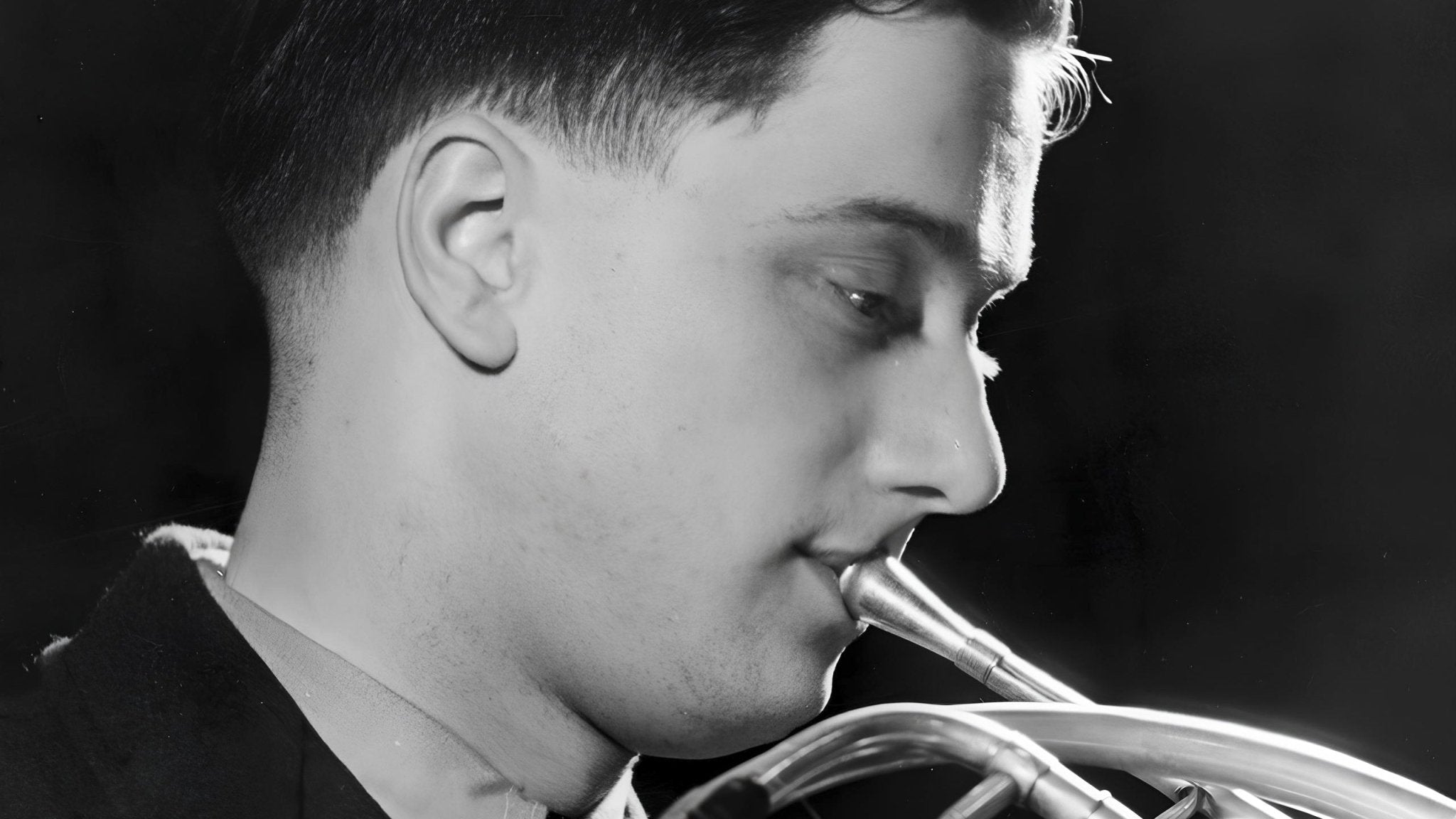
Horn Player Dennis Brain: Brief Biography and Career Insights

Dennis Brain: Greatness in a Horn Player
English musician Dennis Brain is one of the greatest horn players of the 20th century, whose life ended tragically in a car accident at a young age. He had an exceptional talent and released recordings, which played an important role for the development of classical music. In this article, we will explore the key moments of Dennis Brain’s life, career, and success.
Dennis Brain’s Early Years
Dennis was born on 17 May 1921 into a musical family. His father, Aubrey, was a principal horn of the London Symphony Orchestra, and his mother was a singer at Covent Garden. His father encouraged Dennis and maintained his interest by allowing him to play a few notes on his horn from Dennis’ early years.
Dennis made his professional debut in October 1938, at the age of 17, when he played as a second horn to his father in the Queen's Hall in London. It was a great success for Dennis, who still studied at the Royal Academy of Music.

The next month, Dennis and his brother played solo, featuring Mozart's Horn Quintet and Oboe Quintet. Together with the Griller and Busch quartets, he took part at the BBC broadcast.
During the wartime, Brain and his brother played in the Royal Air Force Symphony Orchestra. Together with them, he went in a three-month tour across the USA in 1944–45. Generally, during a war, the musician played 26 concerts with various ensembles and made more than 20 broadcasts for the BBC.
His meeting with English conductor and composer Benjamin Britten was a crucial point in his career. Being impressed with Brain’s talent, he agreed to write a concert work for him. Thus, the legendary song circle “Serenade for Tenor, Horn, and Strings” appeared.

Dennis Brain’s Late Years
At the age of 24, the musician became the most in-demand horn player in England. Composers such as Malcolm Arnold, Benjamin Britten, Humphrey Searle and Mátyás Seiber were happy to have a chance to collaborate with Brain.
Dennis was the principal horn of the Philharmonic and the Royal Philharmonic orchestras, where he played alongside Jack Brymer, Gwydion Brooke, Terence MacDonagh, and Gerald Jackson. Having not enough time for both projects, he parted his ways with the RPO but continued to play in Philharmonia for the rest of his life.
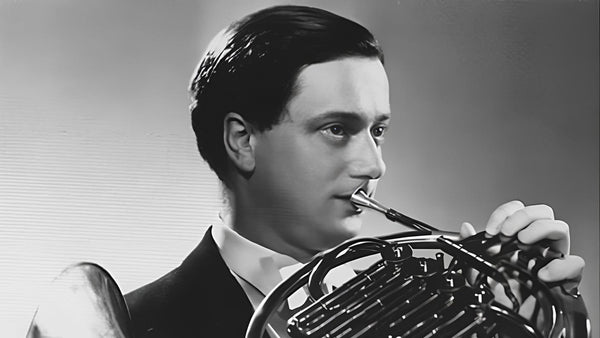
Inspired by the great interest in chamber music, Brain established a wind quintet with his brother in 1946. He also founded a trio with the pianist Wilfrid Parry and violinist Jean Pougnet. Apart from that, Dennis performed concerts and recorded with Karl Haas's London Baroque Ensemble.
Dennis died in a car accident on 1 September 1957, when he was only 36 years old, on his way home after his concert with the Philharmonia in London.
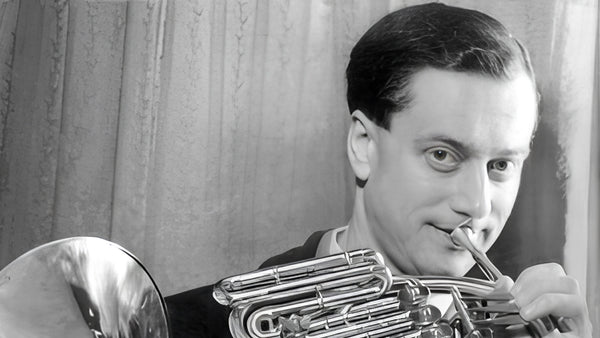
Dennis Brain’s Style and Legacy
Dennis Brain’s horn playing was characterized by the great sensitivity. His recordings of the Mozart horn concertos draw special attention for their clarity and virtuosity. He is considered the finest Mozartian soloist, who incorporated new levels and colors in the main theme each time. Brain proved that the horn was able to bring lyrical vibes and a range of colors in way to perfectly complement other solo instruments.

Final Word
Dennis Brain was one of the greatest horn players of his generation, despite the short life and career. He inspired many horn players and composers, expanding the instrument's solo and chamber music repertoire. Nowadays, his interpretation of Strauss's horn, Mozart and Haydn's concertos as well as his recording with chamber ensembles remain a powerful inspiration for young musicians.






 https://mgleatherwork.com/pages/about-us
https://mgleatherwork.com/pages/about-us
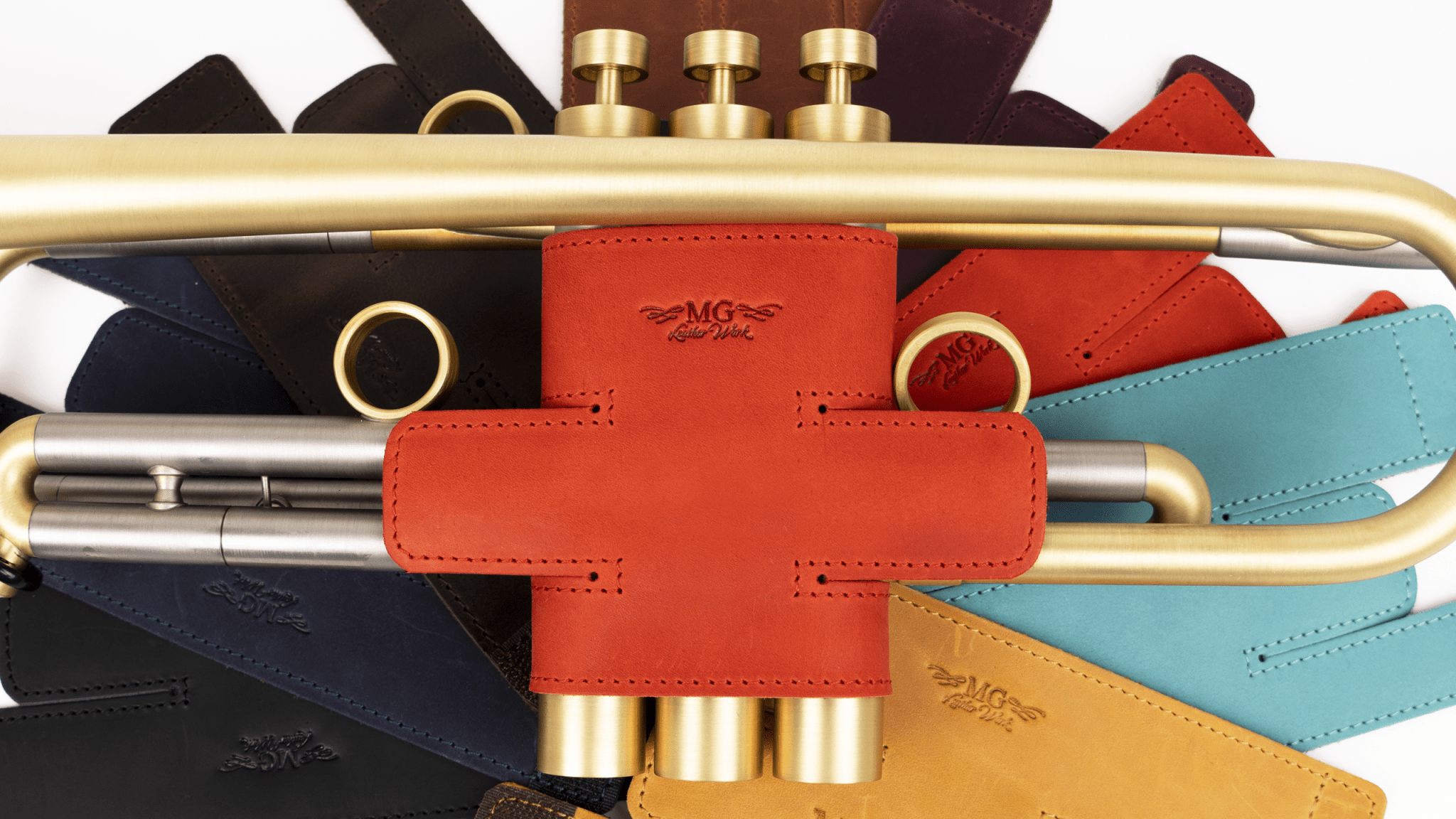
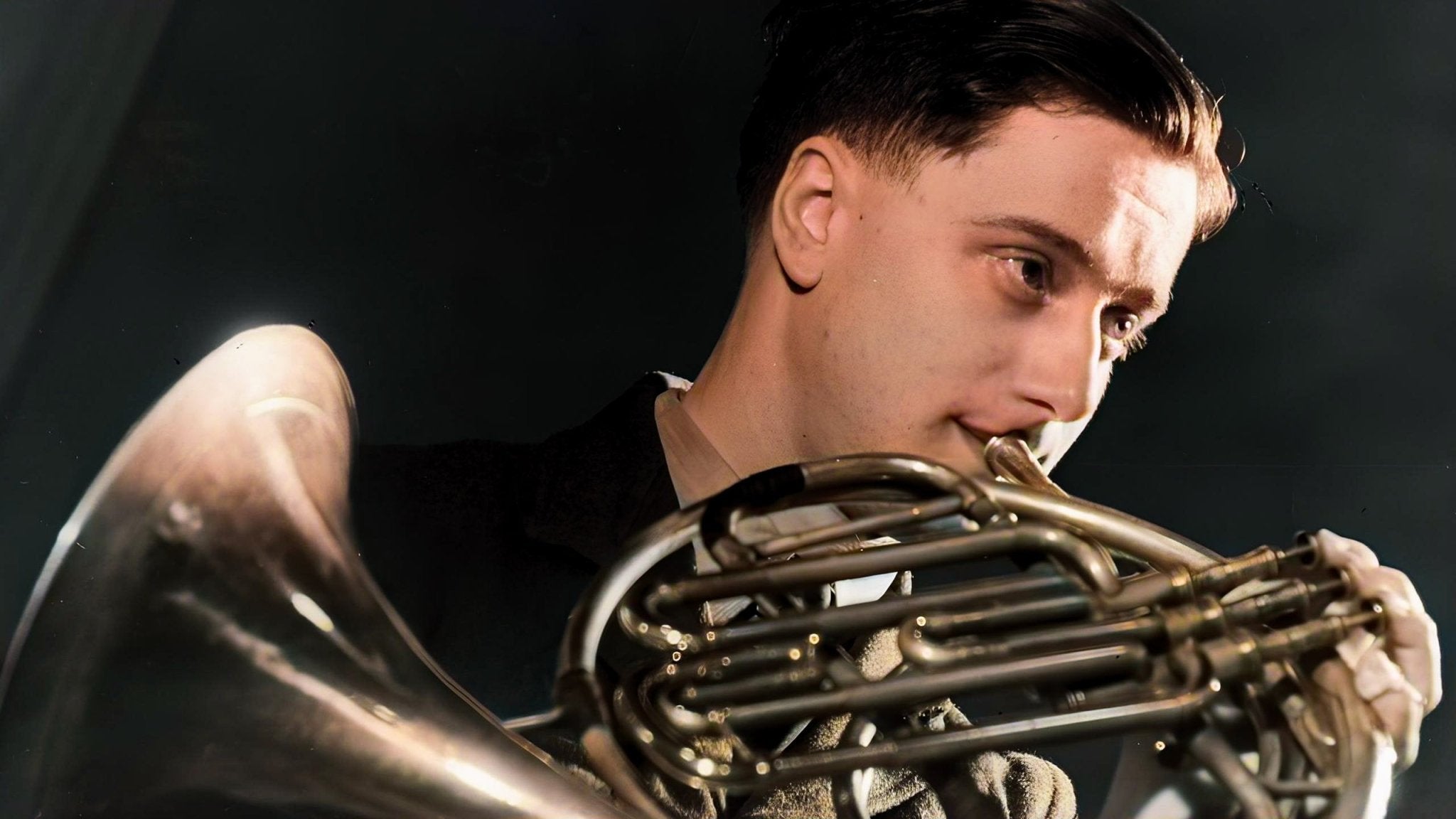
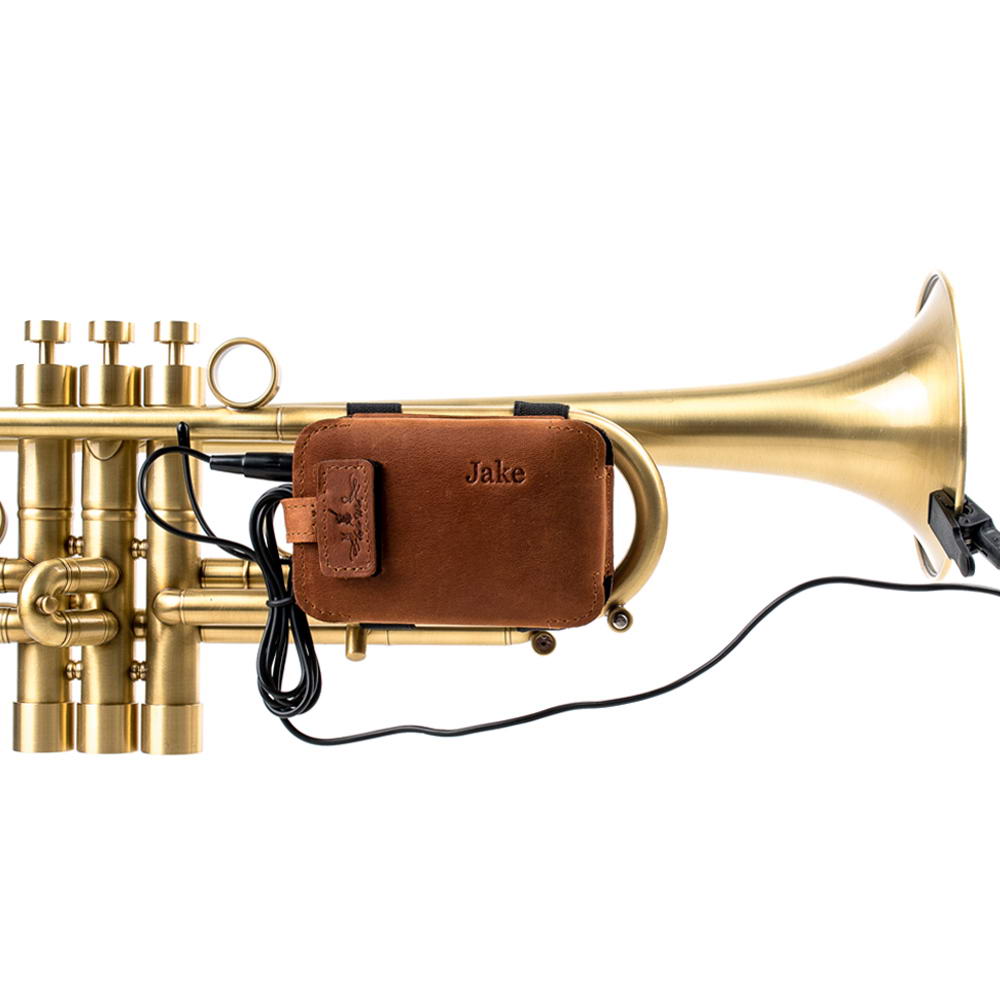


Leave a comment
This site is protected by hCaptcha and the hCaptcha Privacy Policy and Terms of Service apply.